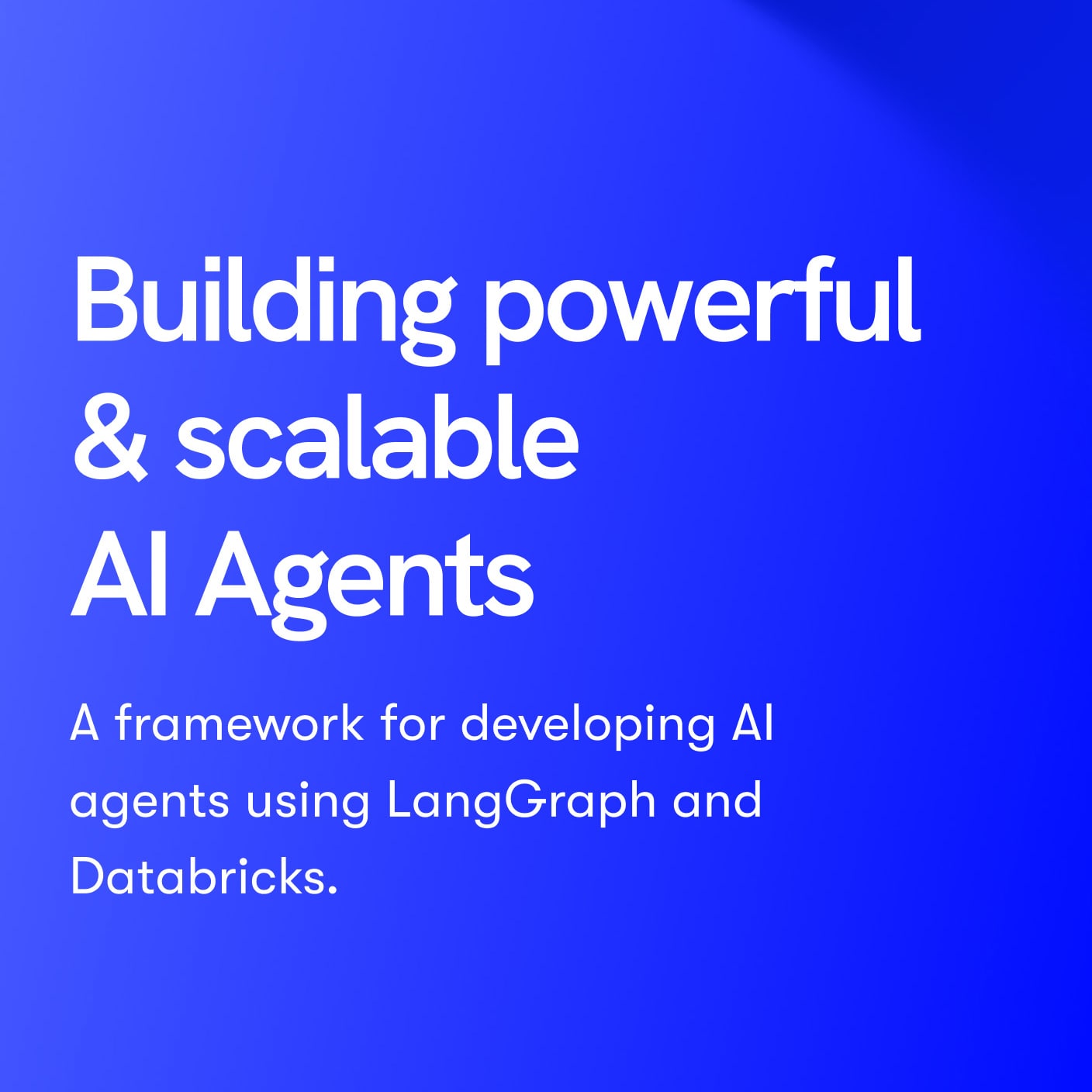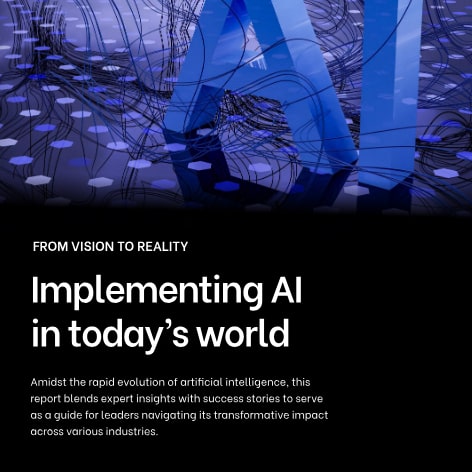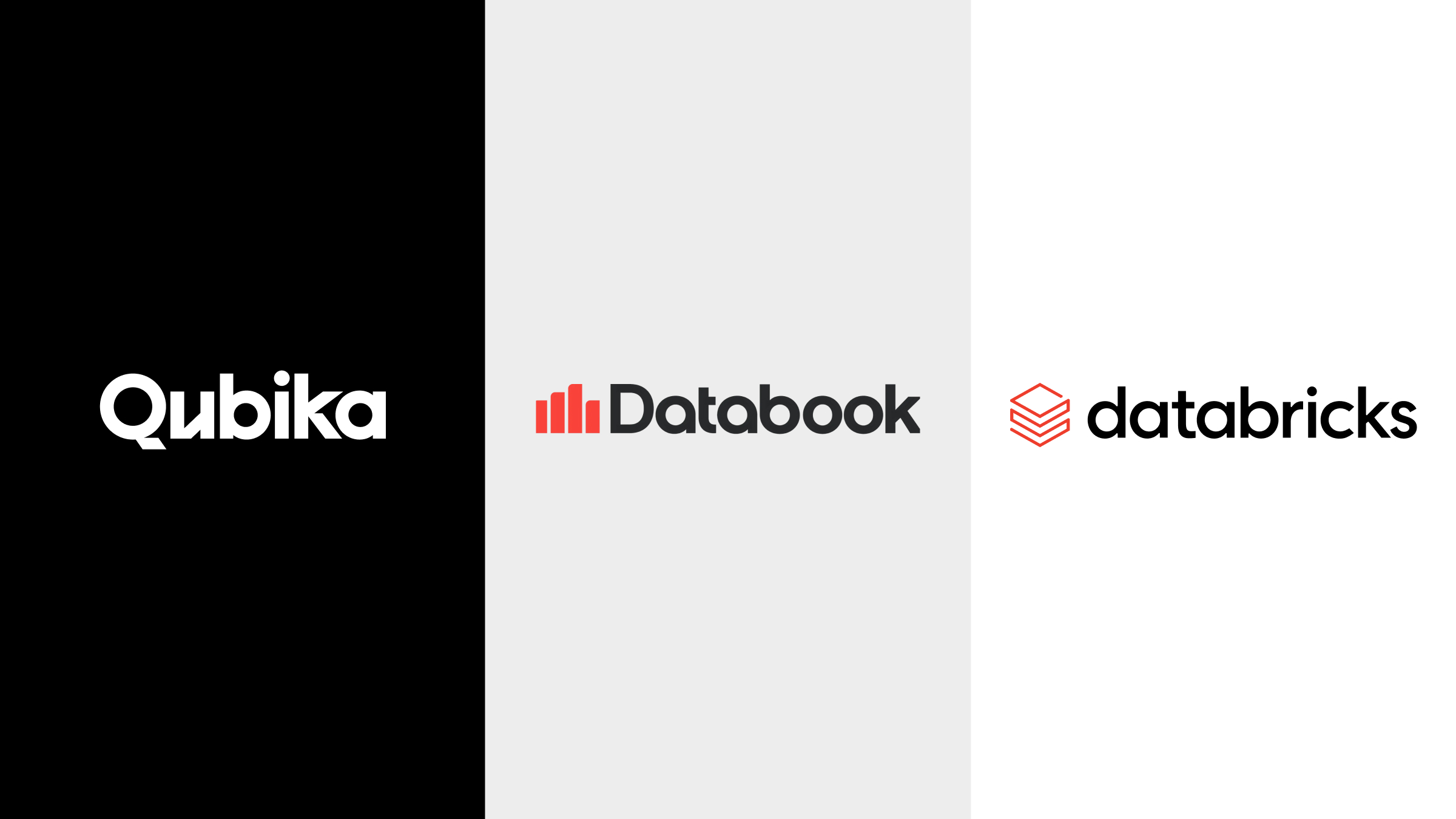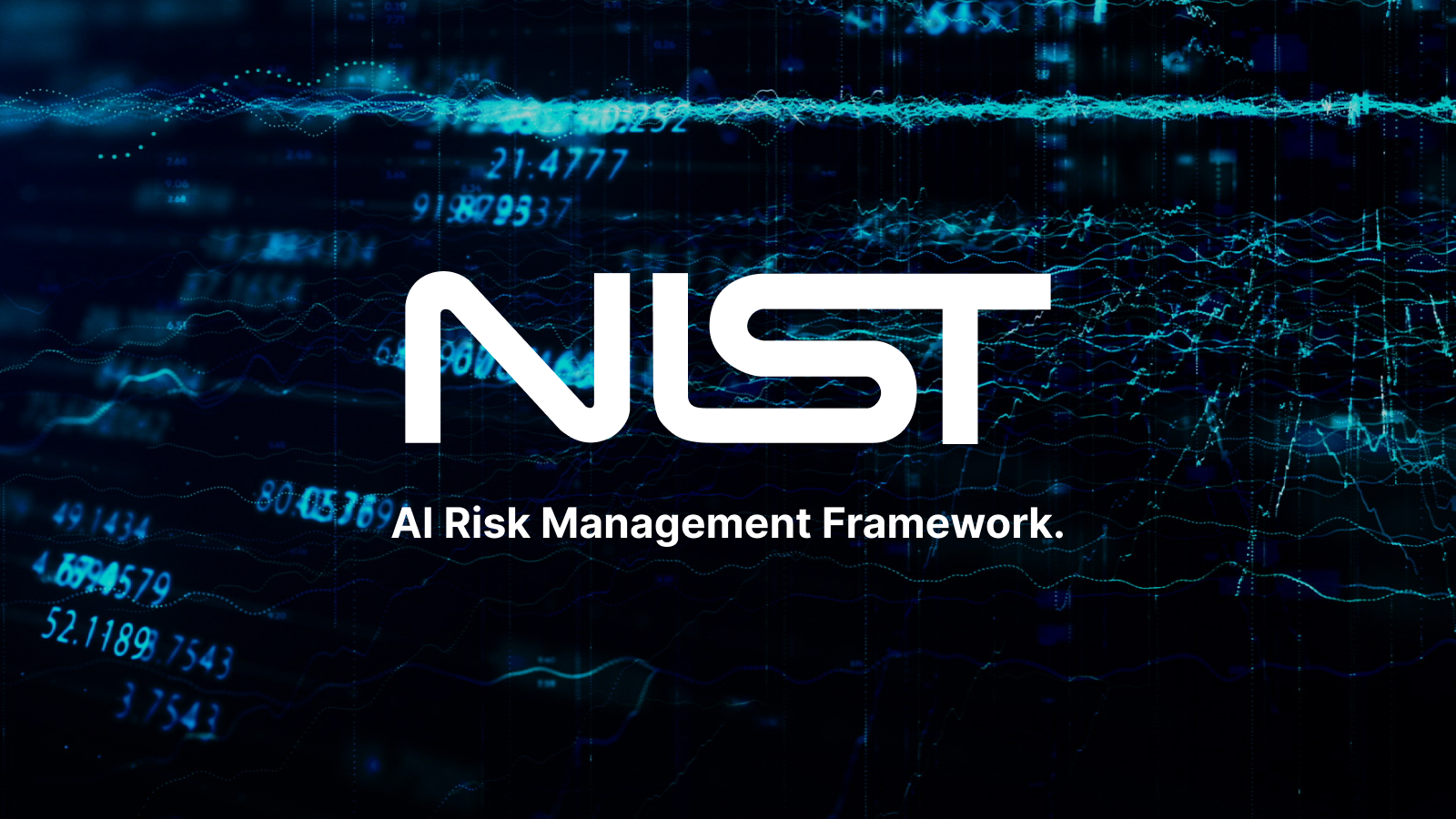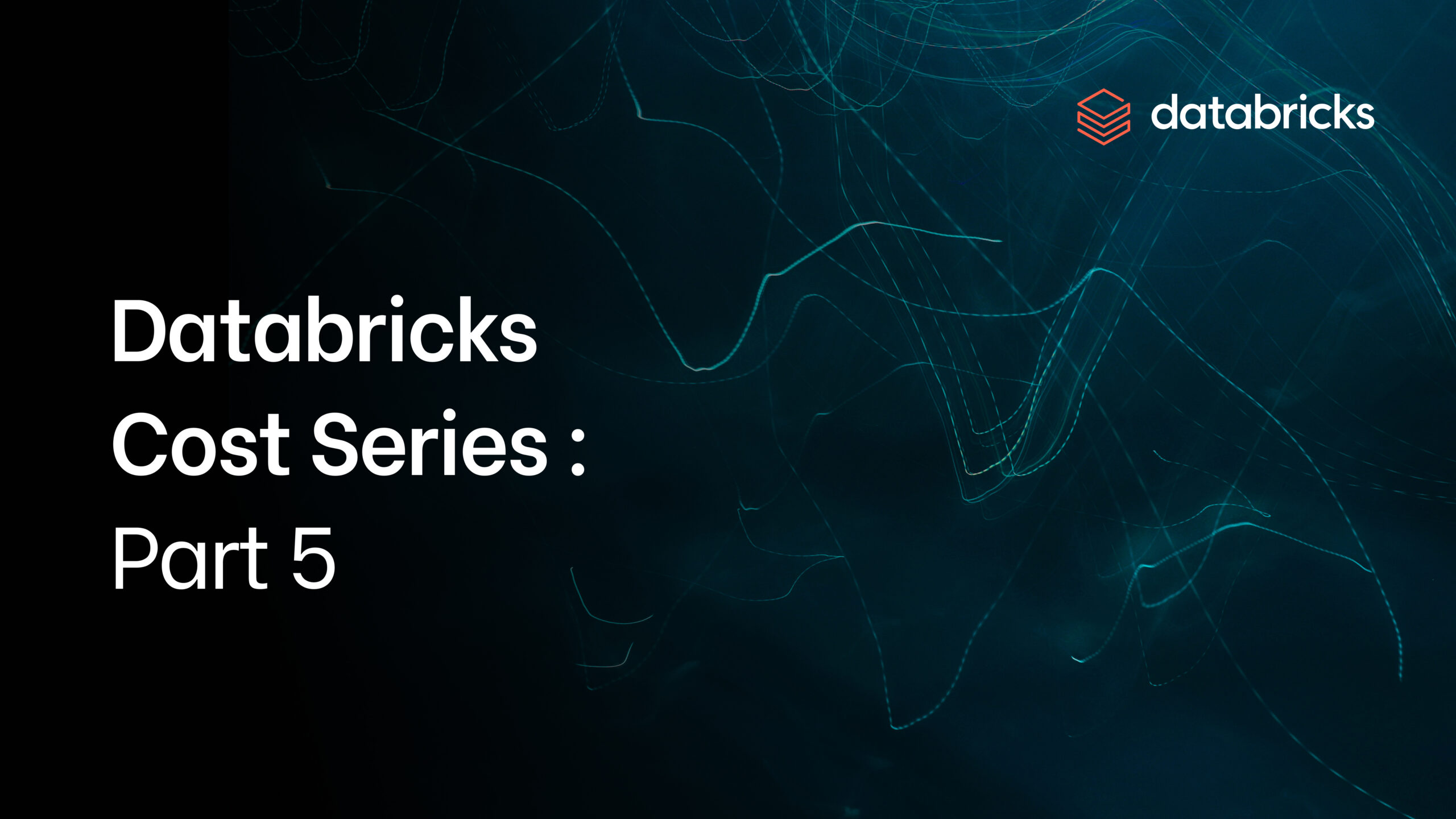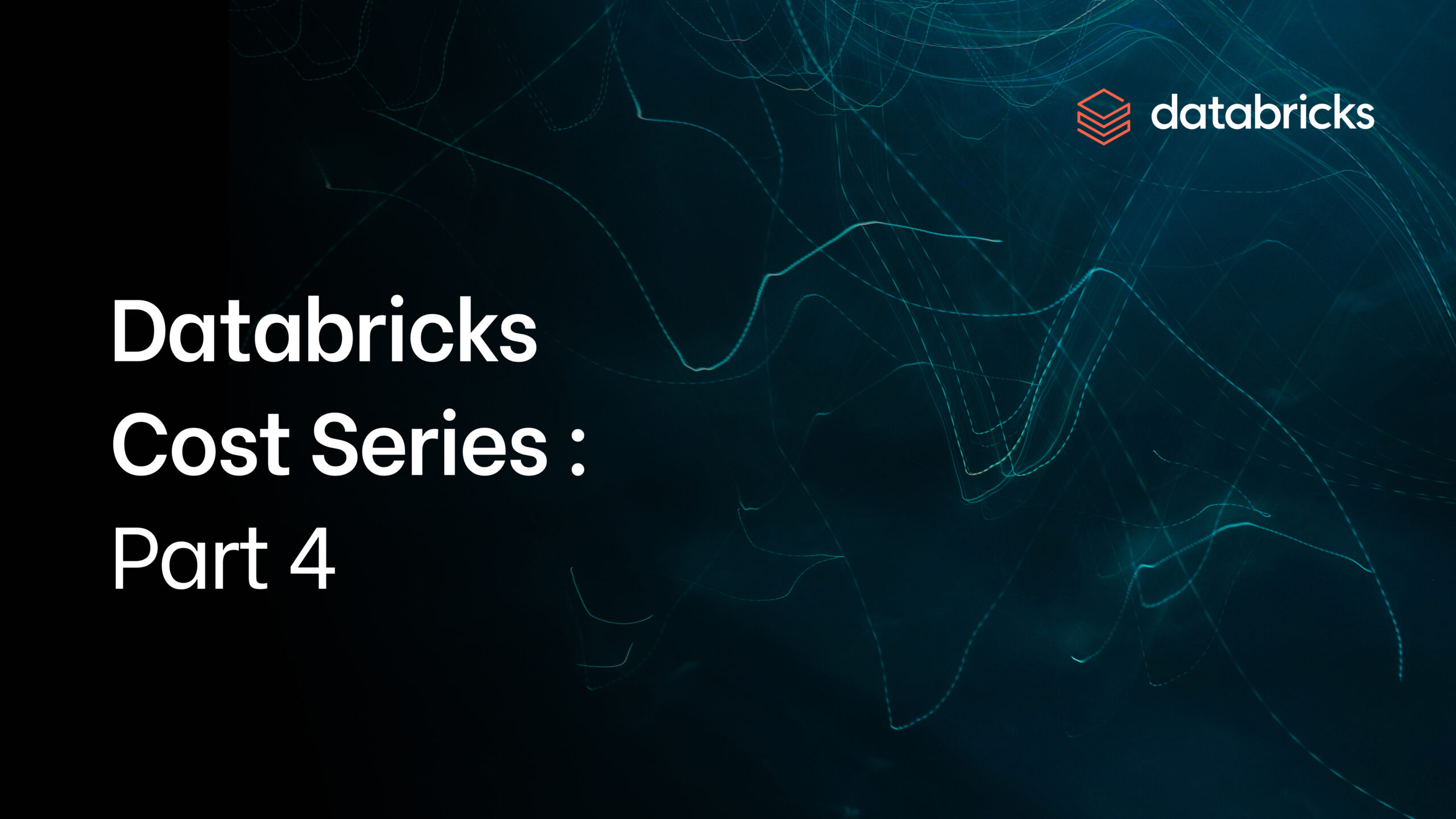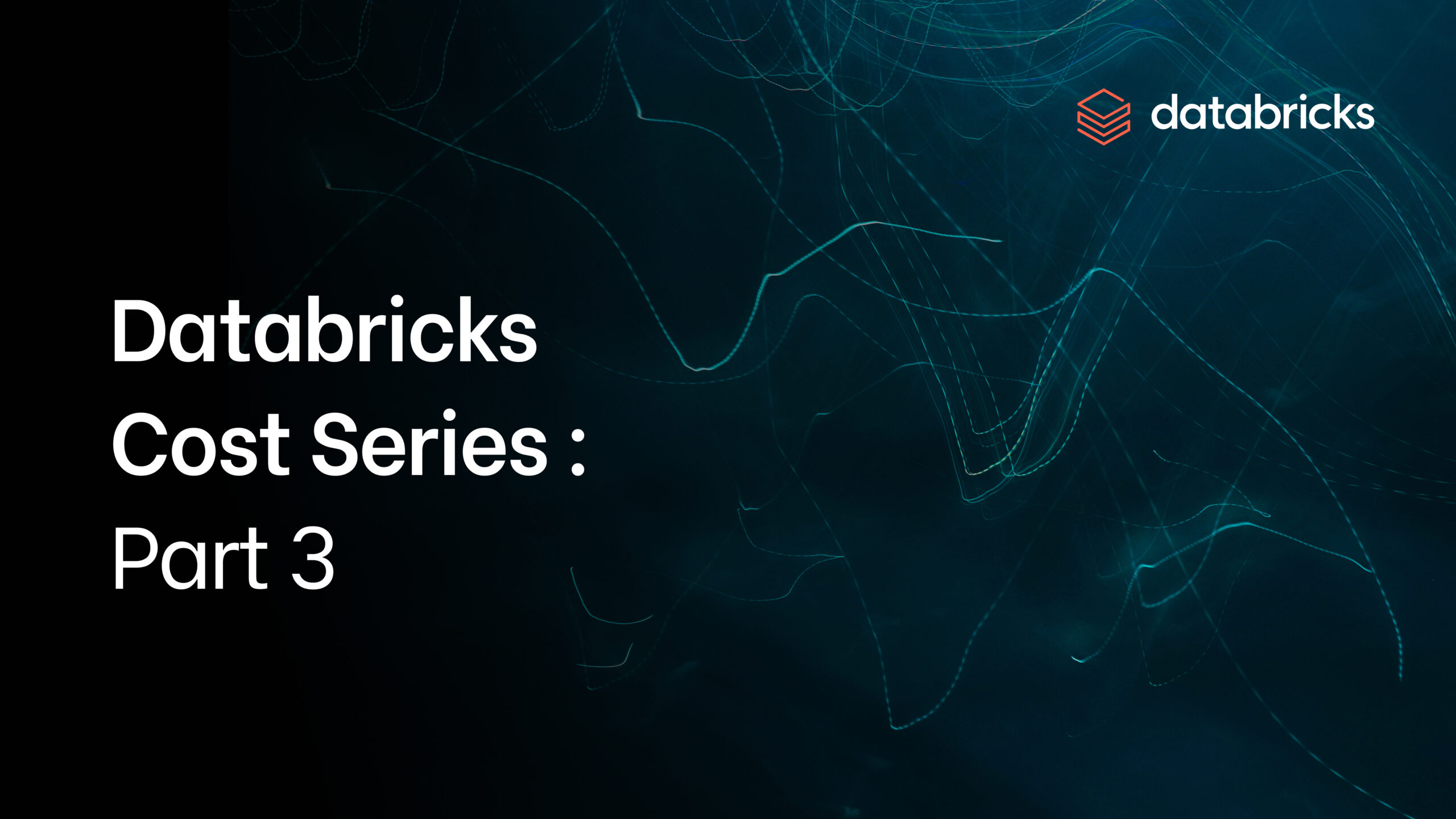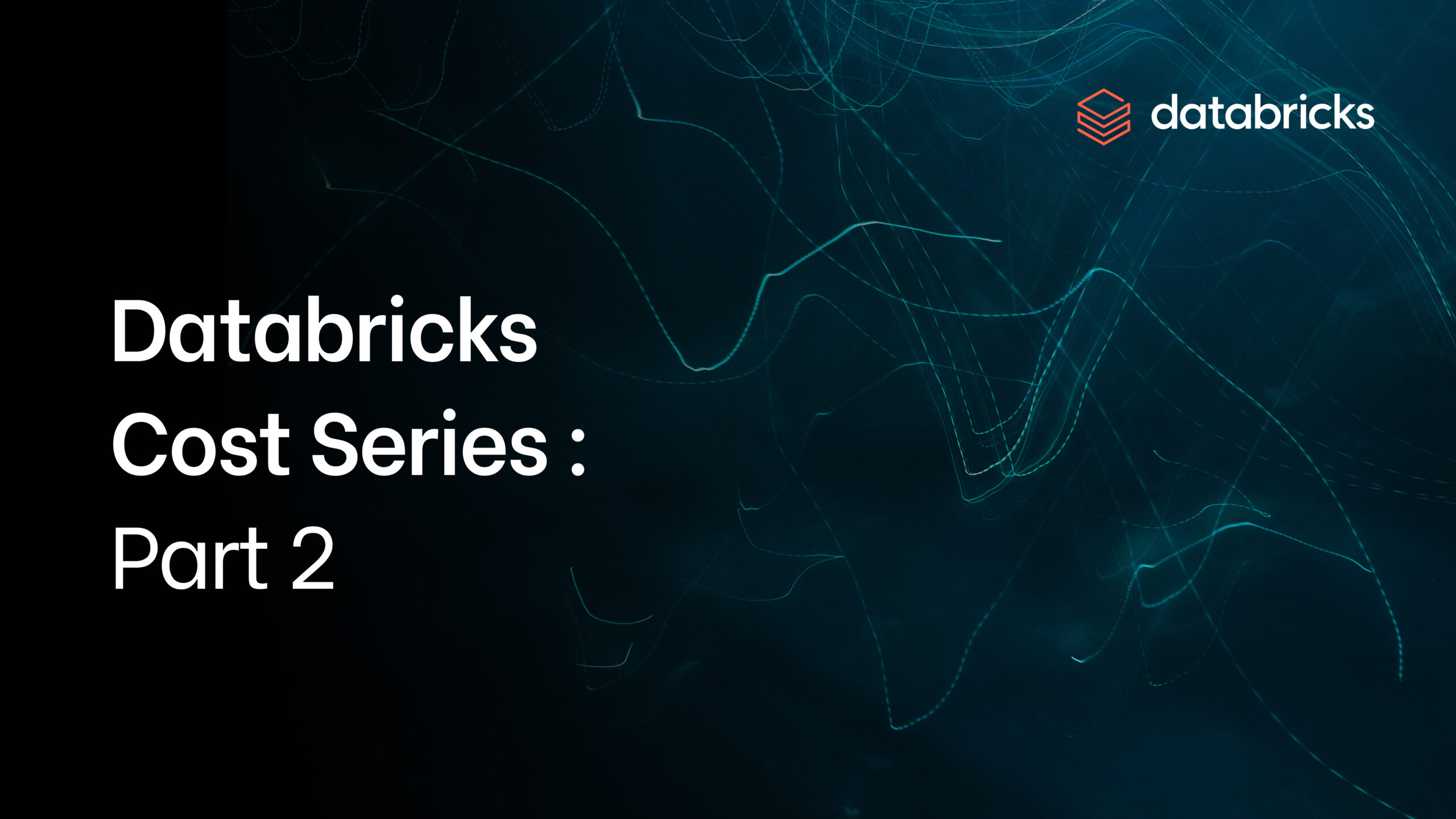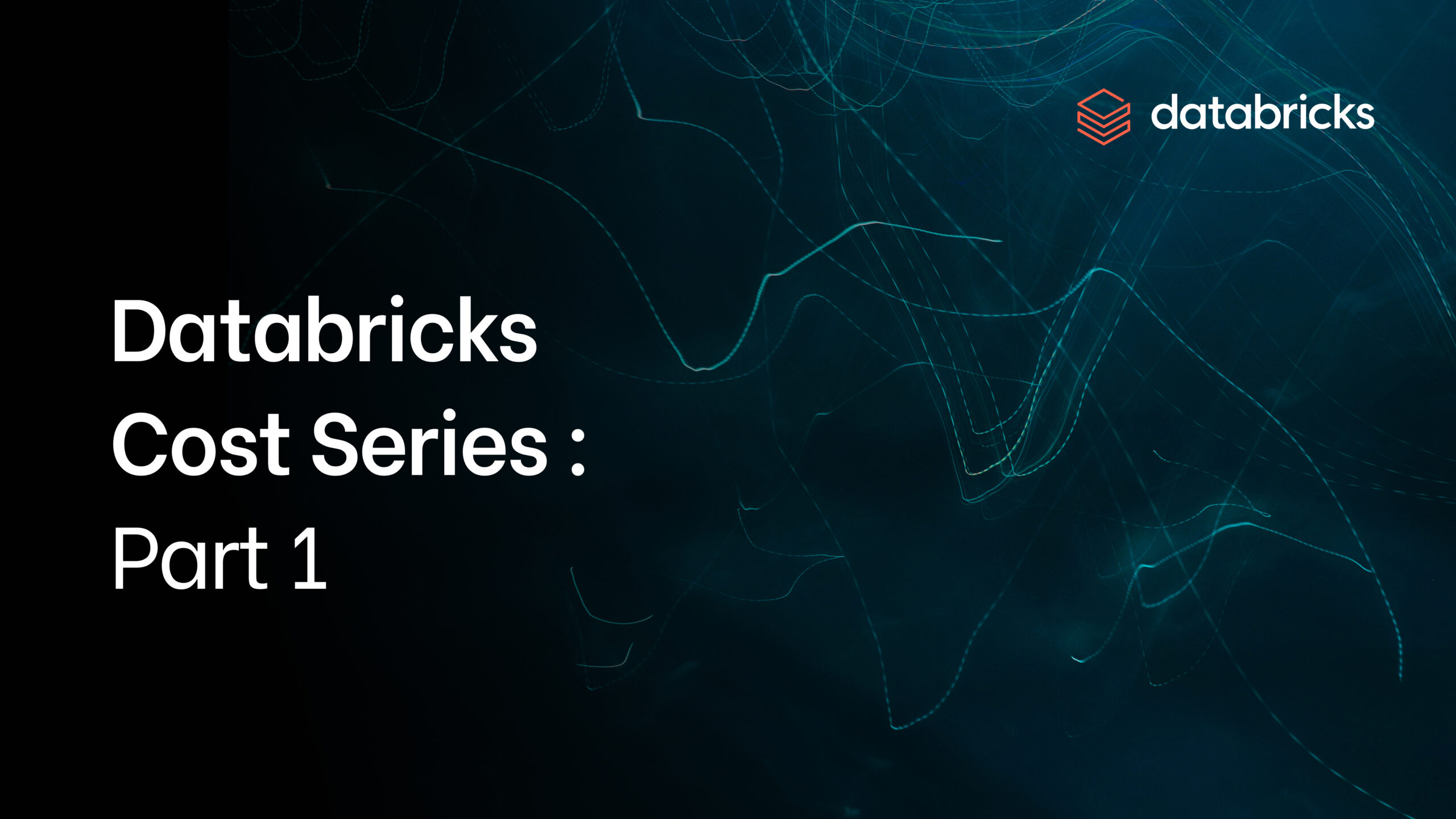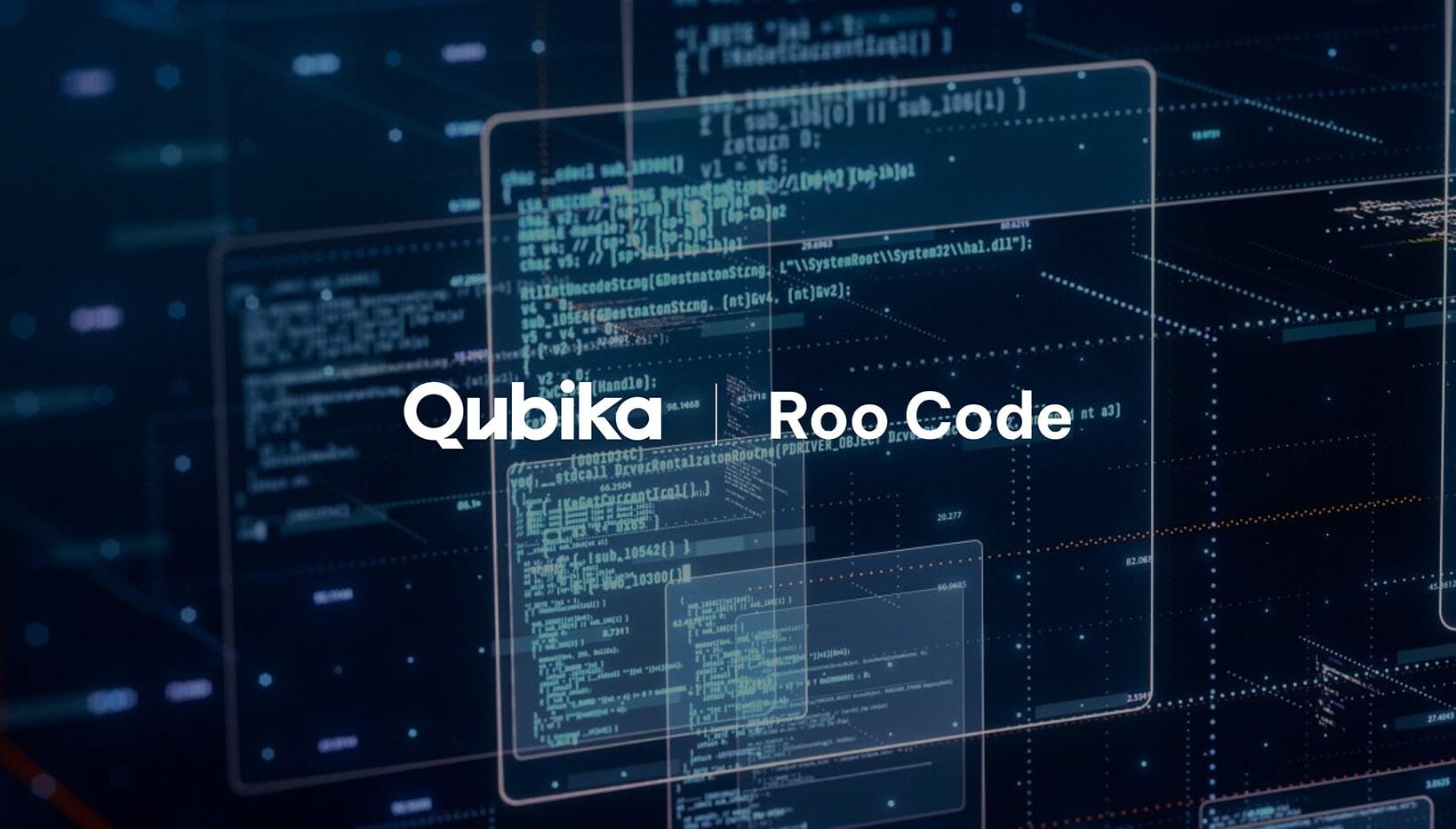AI-powered project management
Artificial intelligence (AI) is transforming industries across the globe, and project management is no exception. In today’s fast-paced business environment, project managers are expected to handle increasingly complex projects, while ensuring efficiency and adaptability. AI project management offers a solution by automating tasks, providing predictive insights, and streamlining processes. This article explores how AI enhances project management, its benefits, challenges, and the future of AI-driven project management.
AI-enhanced project management: Transforming the role, applications, and benefits
The role of the project manager is evolving in the AI era. While traditionally focused on overseeing tasks and managing timelines, AI is freeing project managers from administrative duties, allowing them to focus on more strategic aspects of projects. Rather than replacing the project manager, AI amplifies their role by offering tools that optimize decision-making, reduce errors, and facilitate better communication across teams. Human skills such as leadership, emotional intelligence, and conflict resolution are more critical than ever, as AI handles data-heavy processes.
AI is transforming project management by offering solutions in a wide range of topics as:
Automation of repetitive tasks. This allows project managers and teams to focus on high-value activities, increasing overall productivity and reducing human error.
Optimizing time and resources. This leads to better utilization of resources and reduces the chances of bottlenecks or inefficiencies. AI algorithms can recommend the best way to allocate resources based on project needs, skill sets, and availability, maximizing efficiency.
Enhanced collaboration and communication. This enables you to provide real-time updates, answer queries, programmed answers, and templates that facilitate content creation. AI-powered chatbots and virtual assistants enhance communication by responding to routine queries and facilitating collaboration between teams, regardless of location.
Promotes standardization. AI helps promote standardization in project management by automating processes, consistently applying best practices and ensuring uniformity in decision making.
Predictive analytics. AI analyzes past project data to identify patterns, helping to predict potential delays, cost overruns, or risks before they materialize.
It also offers several tangible benefits to project managers that end up directly impacting the project, the product, and the client in many ways such as risk mitigation, increased efficiency, improved decision making, and cost savings.
Use cases and real-world examples
AI is already proving its value in real-world software project management, delivering significant time-saving benefits and improving overall efficiency. One concrete example is the optimization of time spent creating project issues, such as bugs, tasks and user stories, through AI-powered tools compared to traditional manual methods.
In traditional project management workflows, creating bug tickets or user stories requires significant manual effort—filling in details, assigning tasks, and categorizing each issue. AI tools automate much of this process, such as generating issue descriptions based on simple definitions, suggesting priorities based on historical data, and generating sub-tasks related.
Based on real data from projects I manage, the time spent manually creating a single bug ticket with all the information available is around 6 minutes, while AI tools reduce this to just 3 minutes, which represents 50% of time reduction per issue. Below is a table categorized by issue type, showcasing the reductions achieved from my personal experience with a small-scale project type.
| Small-scale project | ||||||
| Issue type | Time spent manually creating | Time spent using AI | Time reduction | Average # of monthly tickets | Time saved per month (min) | Annual time saved (hours) |
| Bug | 6 | 3 | 50% | 11.6 | 34.8 | 7.0 |
| Task/User Story | 27 | 8 | 70% | 22.0 | 418.0 | 83.6 |
| Epic | 100 | 24 | 86% | 0.6 | 45.6 | 9.1 |
| 498.4 | 99.7 | |||||
As shown in the table, using AI for issue creation frees up around 8 hours per month, allowing Project Managers and eventually other team members to focus on other tasks. Assuming a 40-hour work week, this means a monthly improvement of 5.2% just by automating this task with AI.
This example provides a clear view of how the time-saving benefits of AI help project managers. Imagine the potential in the cases of medium to large-scale projects, even with very demanding client scenarios.
Beyond time savings in issue creation, AI drives overall project efficiency by:
- Improving accuracy. AI minimizes human errors in task creation, such as incorrect priorities or missing details, ensuring more reliable project tracking.
- Enhancing resource management. AI analyzes workloads and historical data to suggest optimal task distribution, ensuring that no team member is overloaded.
- Real-time insights. AI tools provide predictive analytics, helping project managers identify potential delays or risks earlier, allowing for proactive adjustments.These tangible benefits demonstrate how AI-driven project management not only saves time but also enhances the quality and effectiveness of software development projects. By reducing manual effort and improving decision-making.
Challenges in implementing AI tools modern project management
AI allows project managers to focus on more strategic tasks, driving greater value for both teams and organizations. However, despite the advantages AI brings to project management, its adoption is not without challenges.
One of the primary limitations is resistance to change. Team members and stakeholders may hesitate to trust AI-driven decisions or automation, particularly when familiar with traditional workflows. This can slow adoption rates and require additional training or change management efforts to foster a culture that embraces AI. On the technical side, limitations in integration also present an obstacle. Many AI tools may lack seamless compatibility with existing project management software or legacy systems, creating data silos and reducing overall efficiency. These integration challenges can lead to additional costs or delays, requiring custom development to achieve full interoperability. Overcoming these limitations is essential for maximizing AI’s potential in project management, but it requires a strategic approach that balances technology with team readiness.
Future trends in AI-driven project management
As AI becomes more embedded in project management practices, the role of the Project Manager is evolving to meet these new demands. The skills and competencies required for success have been reshaped significantly. Today, AI has become an indispensable part of project management, giving a clear advantage to those who embrace it over those who do not. A modern PM’s toolkit now includes skills in AI-driven tools and data analysis, transforming how they oversee project timelines, resource allocation, and risk management. Those who adopt AI are able to operate with greater speed and precision, making data-informed decisions that traditional methods can’t match. As a result, project managers who don’t incorporate AI are increasingly at a disadvantage, risking reduced efficiency and missing out on strategic insights that AI brings to the table.
Now, imagine that starting next month, you gain an extra 10 or 20 hours to invest in whatever tasks you prioritize. How would you use that time? Could such a shift in your workload be possible without AI? With these tangible savings, AI opens up opportunities to redirect valuable time toward strategic initiatives, innovation, or even team development—transforming how project managers lead their teams.
Explore our AI Studio
Whether you're looking to enhance your business processes, gain valuable insights from your data, or automate complex tasks, our team of AI experts is dedicated to delivering tailored solutions.

